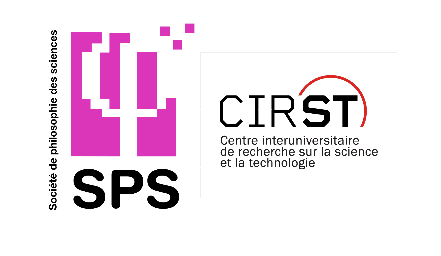Political Authority and Scientific Authority: What Does Deference Mean?
1 : University College Cork
2 : University of British Columbia
In this paper we will question what it means for non-experts to defer to scientific authority. We will begin by describing a common distinction within political philosophy between political and scientific authority: Political authority involves making commands to be obeyed; scientific authority involves making statements to be believed. In the former case we can separate judgment of the command from the decision to obey. In the latter case, such a separation is thought to be impossible. For this reason, scientific authority is thought to involve a more complete surrender of judgment than political authority. We will then introduce a distinction between belief and ‘acceptance'. Acceptance of a proposition involves acting on it (in ways that we will explain). Scientific authority can then be reconstrued as a matter of acceptance: one cannot be expected to believe a scientific authority, but one might well be expected to accept a scientistʼs claims. Scientific authority thus resembles political authority more closely than has often been assumed, in that it involves doing what scientists want us to do. Which may sound worrisomely technocratic. But this closer resemblance can actually make scientific authority less imposing – because it does not require belief. Personal judgment and scientific authority can then be dissociated, allowing one to question a scientistʼs substantive claims, inferences, methodology, etc. without rejecting his or her authority. We will then suggest the benefits of the ‘acceptance' model of mindful deference to scientific authority.


